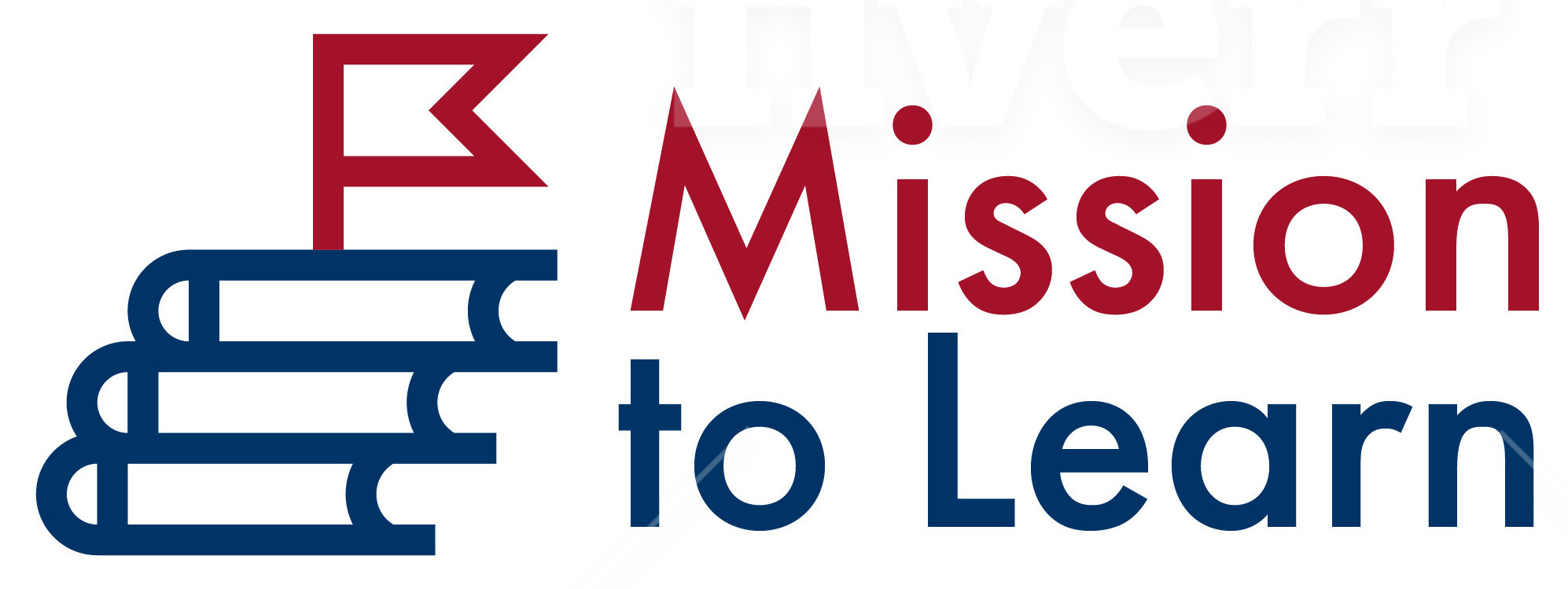Issue 4 – October 8, 2020
Wise people have advocated for lifelong learning since time immemorial, but one of the exciting aspects of the concept in our current age is that people are living much longer, giving “lifelong” new meaning.
Global average life expectancy has more than doubled since 1900 and is now above 70 in most countries. In some countries – Japan, for example – it is above 80. Pew Research reports that the “world was home to nearly half a million centenarians (people ages 100 and older) in 2015, more than four times as many as in 1990.” By 2050, “there will be 3.7 million centenarians across the globe.”
That’s all great news on a certain level. But, of course, to enjoy a long life of learning, you have to live a long – and, ideally, healthy – life.
And, sadly, you may have to combat certain biases, both internal and external, about our abilities to learn as we get older.
This is a topic of deep interest to me and I plan to return to it often. In this issue, though, I offer up a few resources to help with living and learning longer.
Enjoy.
1: The 4 Known Pillars of a Long, Healthy Life
While it’s undeniable that genes play a significant role in how long we live and how well we age, it’s also undeniable that we know – and have known for a long time – the lifestyle factors that stack the deck in our favor: diet, exercise, sleep, and social connection. Even with the hardiest genes, if you don’t give these areas the attention they deserve, your prospects for aging well will decline. Read this Mission to Learn post for some of the supporting research and useful tips.
2: To Age Well, Don’t Leave Your Brain On Autopilot
Part of the traditional “culture of aging” – at least in the United States – is that older adults eventually transition into a leisurely lifestyle in which stress drops and work plays less of a role. Aside from the fact that a growing number of adults never experience this transition, it’s never really been a great thing for our brains. “Living a comfortable, easy, worry-free life isn’t what’s best for brain health,” writes Ilchi Lee in BrainWorld. “For the health of your brain, you need to raise its workload. It’s important not to leave your brain in its default state, doing what it’s always done, but instead constantly give it new tasks and stimulation.” In other words, seek a little stress; take a risk or two.
3: The New Science of Aging
If you do even the smallest amount of research into aging these days, you are bound to come across David Sinclair, a Harvard geneticist whose recent book Lifespan: Why We Age—and Why We Don’t Have To (highly recommended) challenges many of our traditional ideas about aging. In this episode of the Exponential View podcast, Sinclair talks about his theory of aging and factors that can slow or even prevent key aspects of aging. Sinclair also discusses how “periodically stressing your body can promote health and longevity.” Starting to sense a theme here?
4: One skill that doesn’t deteriorate with age
Aging is too often equated with a decline in mental and physical capabilities, but with a little care – see #1 above – we can preserve many of our capabilities and some – like crystallized intelligence – naturally improve with age. Dedicated lifelong learners will be happy to know that, according to research highlighted in this article in The Conversation, we also seem to naturally maintain “our capacity to speak, write and learn new vocabulary.” The key, once again, is that we need to keep using these abilities as we grow older. If we want to age well, the author writes, “it helps to keep writing, reading and talking.”
5: The “We Can’t Learn Language as Adults” Myth Explored
Finally, some insights into a topic dear to my heart: learning other languages. While I have not pursued much language learning lately (how’s that for alliteration!), I spent many of my earlier years in the field of comparative literature, with a focus on slavic languages. Like many avid lifelong learners, I aspire to acquiring another language or two one of these days, and I am heartened to know that, while it may be more challenging than for your average toddler, adults are capable of learning new languages. This Mission to Learnpost explores some of the relevant research and highlights factors to be aware of if you decide its finally time to master _______ (fill in the language of your choice)
What’s Your Take?
I hope you find the resources offered here useful. Before we part ways for this edition, I’d like to encourage you to hit reply and share any thoughts you have about the relationship between aging and learning.
And, as always, if you have questions or I can be of help in any way, just let me know.
Best regards,
Jeff






